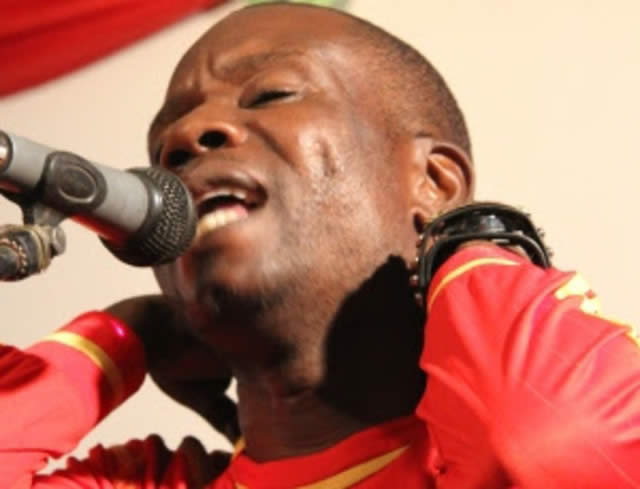Addressing gaps in orientation

Collen Takaza University of Zimbabwe
A considerable number of students have faced difficulties in adjusting to university life even after going through orientation programmes offered at their respective institutions of higher learning.
According to the Oxford Dictionary, orientation refers to a course giving information to newcomers to a university or other institution.
The chief purpose of orientation is to introduce new students to university/college services that shore up their educational and personal aspirations or endeavours.
This engagement programme seeks to help students in gaining knowledge; skills and attitudes that will assist them settle and most importantly make a transition into the university setting.
As the first step in a student life at the campus, the process of orientation needs meticulous consideration for it to yield intended results. Thus it remains a pivotal university practice to prepare new students for life at institutions of higher learning.
Students are more likely to be highly engaged in their academic work when the effort is made by university staff to actively engage them. The reason being that the more they participate and become involved in social and academic activities at university, the more likely they are to persevere in their education.
Students’ contentment is one critical pointer of quality in higher education and is arrived at if students rate the orientation programme positively.
A number of students decried the lack of comprehensiveness in the orientation processes. Results indicate poor participation in the orientation programmes as a result of delays in admission.
The other notable challenge as pointed out by several interviewees is the orientation process takes a single day, or two in exceptional cases, leading to reduced comprehension coupled with information overload.
In their paper – “Mind the Gap: are students prepared for higher education?” Lowe and Cook suggest proactive strategies of academic support delivered by universities early in the students’ first year may prevent them from experiencing feelings of bewilderment and failure that lead to disentanglement.
This therefore informs the need for the process of orientation not to be a rushed one.
Given that most orientation activities are laden with inadequacies, universities/colleges may need to consider alternative approaches such as an extended orientation.
Universities also need to consider visual online activities to augment time for face-to-face orientation.
Students who were able to take part in the engagement process at the university indicated that the orientation was crucial in helping them adjust to the new life.
Says a male second-year student: “On orientation day, we were told quite a lot of things; expected conduct at the campus, examination matters, lectures and assignments, how to defer, the need to be abreast with technology, health care services at university, relationships, the need to use condoms when having sex, among other general matters.”
Several interviewees were, however, quick to note that orientation does not fully prepare one to deal with the latitude or freedom one finds himself or herself with. This new-found freedom presents a host of negatives to most students. A considerable number of female students admitted that orientation did not fully address the issue of “blessers” and of lecturers and non-academic male staff who seek sexual favours from them.
The way orientation is conducted in certain settings fails to help students find compatible friends resulting in some getting disengaged and lonely. It also does not fully prepare one to deal with the work-load at university leading to quite a number struggling to cope.
Other students complained that the issue of switching programmes was not sufficiently explained during orientation.
One fourth-year student with a local university said that orientation if not handled well can be intimidating instead of preparing students to be emotionally and psychologically ready for life at the campus.
In concert with other suggestions made earlier, the final year at high school should adequately prepare students for university life, thus closing gaps in orientation programmes.
Universities may also embrace and provide for first-year students with social and academic support within a flexible learning environment to assist their transition into university.
Students can meet with key first-year staff for an hour or two on a weekly basis throughout the academic year. Focus can be on enhancement of students’ skills and knowledge in areas including but not limited to oral presentations, professional development and writing of essays.
Authorities at universities may as well need to consider the use of mentoring as a means of helping students in their first year for them to be fully integrated into the university system.







Comments